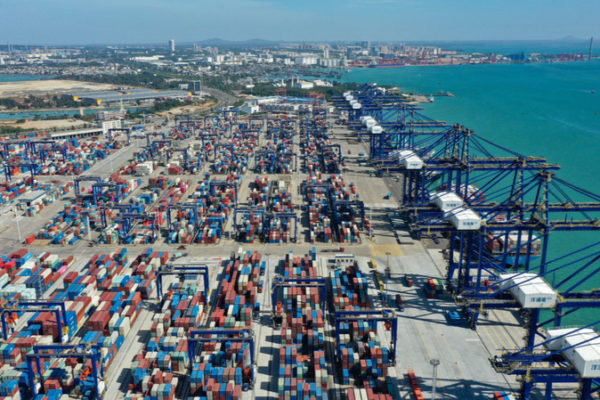
Hainan Free Trade Port Launches Island-Wide Customs Overhaul
Hainan Free Trade Port unveils groundbreaking two-tier customs system on December 18, 2025, reshaping regional trade dynamics and global business opportunities.
News & Insights Across Asia

Hainan Free Trade Port unveils groundbreaking two-tier customs system on December 18, 2025, reshaping regional trade dynamics and global business opportunities.
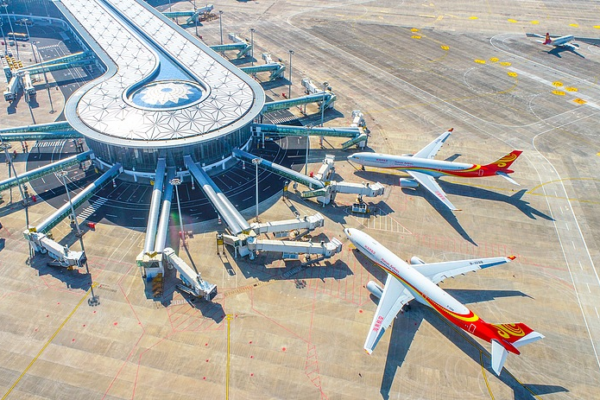
Hainan prepares to launch special customs operations on December 18, 2025, positioning its aircraft maintenance sector as a catalyst for regional economic transformation.
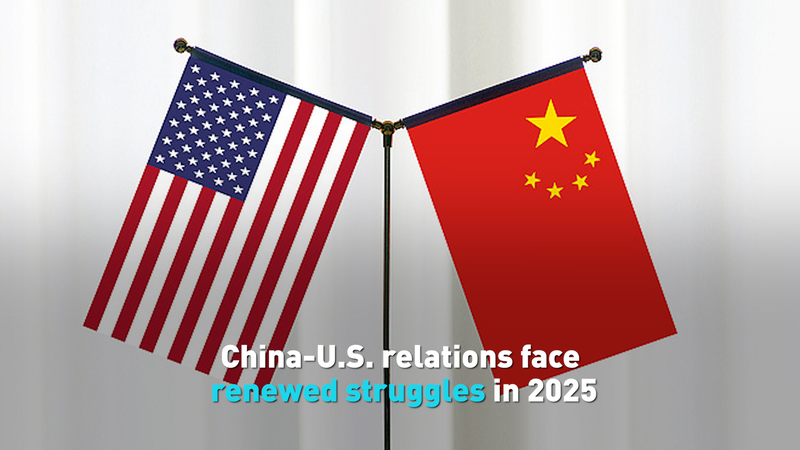
China and the U.S. enter new phase of trade tensions in 2025 with reciprocal tariffs, impacting global supply chains and economic cooperation.
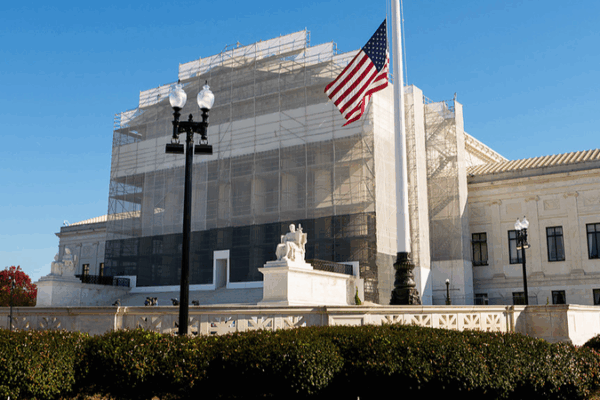
US Supreme Court debates legality of Trump-era tariffs, impacting global trade and presidential power. A landmark case with economic implications.
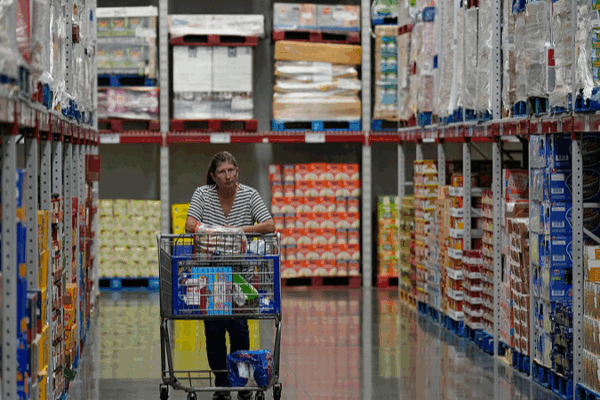
Goldman Sachs analysis shows U.S. consumers bear over half the cost of Trump-era tariffs, with prices rising on both imports and domestic goods.
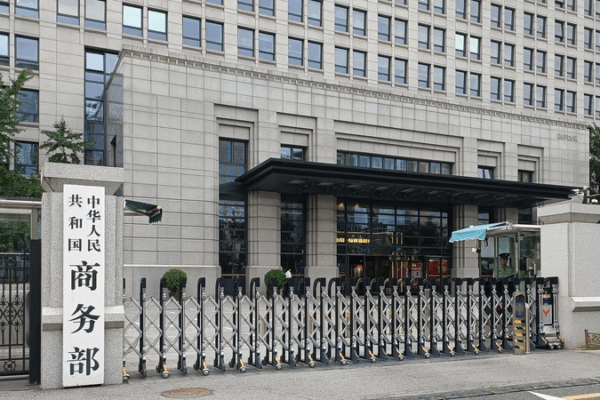
China calls on Mexico to adhere to WTO rules in anti-dumping probes, protecting Chinese firms’ rights amid rising trade tensions.

U.S. tariffs on imported school supplies and electronics drive up back-to-school costs by 7.3%, straining families and schools amid policy changes.
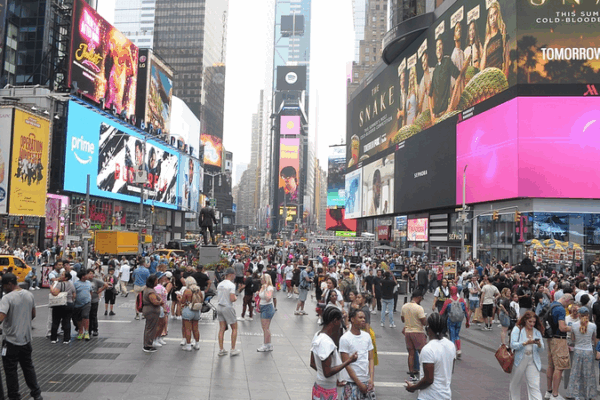
Revised U.S. tariffs may reduce American GDP more than other economies, with long-term risks for global growth, according to new economic studies.
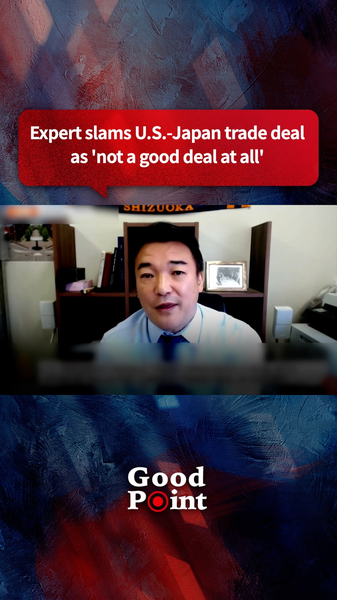
Japanese expert Seijiro Takeshita criticizes U.S.-Japan trade deal, arguing consumer preferences – not tariffs – drive auto market dynamics in Asia-Pacific economic relations.
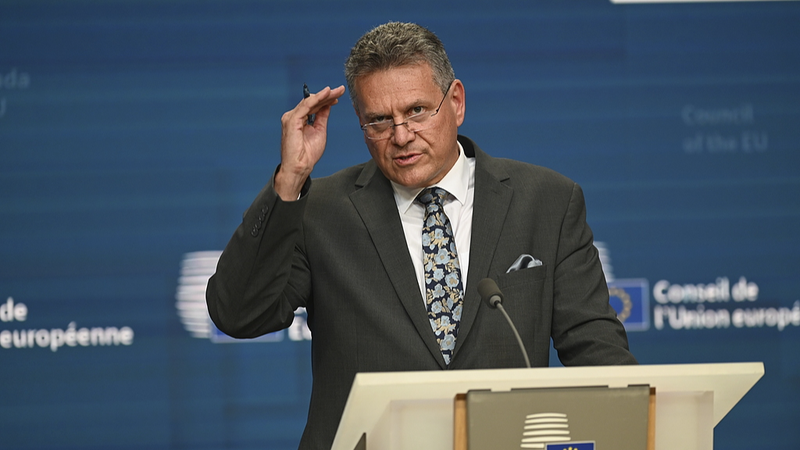
The EU proposes $84B in tariffs on US goods if trade talks fail, responding to US threats. Both sides seek a deal by August 1 to avoid economic fallout.
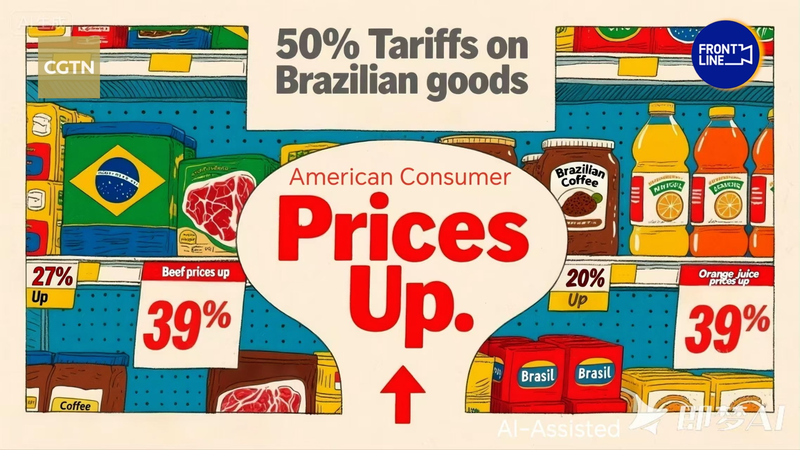
A 50% U.S. tariff on Brazilian imports could disrupt key supply chains and raise consumer prices, experts warn. Explore the potential economic ripple effects.
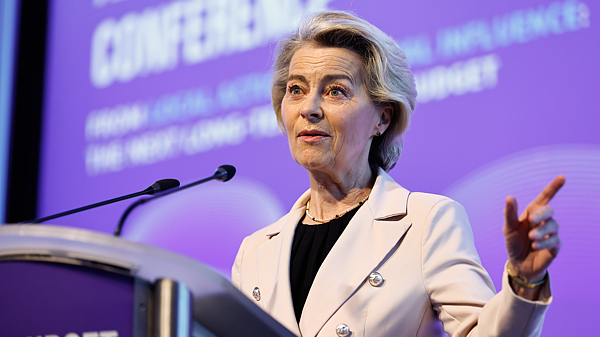
EU leaders and industry groups demand strong countermeasures after the US announces 30% tariffs on EU exports, risking economic fallout and trade war escalation.
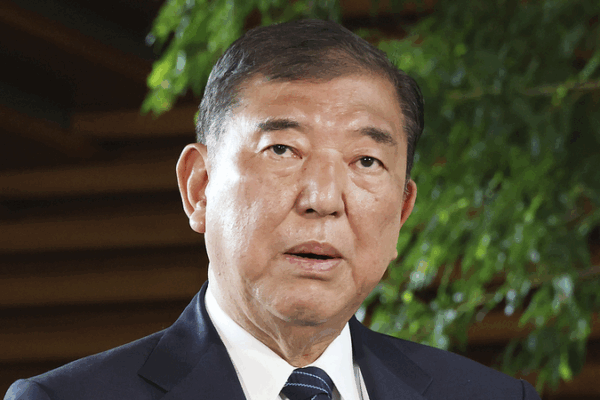
Japanese PM Ishiba calls US tariffs ‘truly regrettable’ but commits to continued negotiations. New 25% duties take effect August 1, impacting key industries.
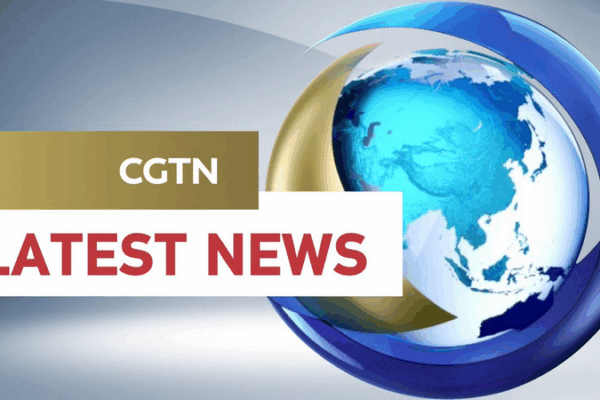
U.S. President Donald Trump announces 25% tariffs on Japan and South Korea, effective August 1, escalating trade tensions in Asia.
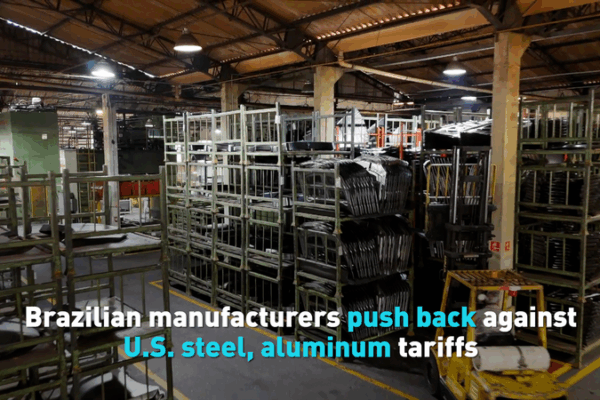
Brazilian manufacturers, including SMEs contributing half the industrial GDP, resist new U.S. tariffs on steel and aluminum, highlighting economic tensions.
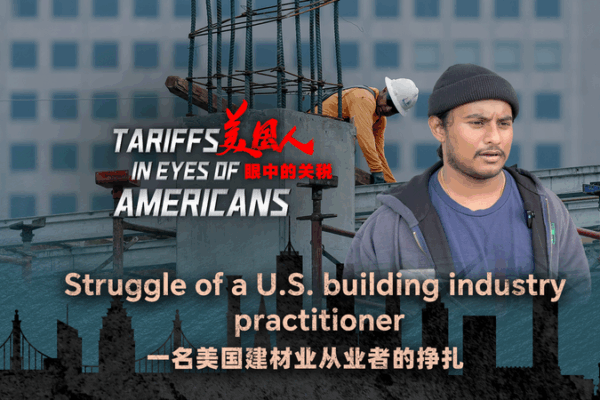
US steel and aluminum tariff hikes push building material businesses into ‘survival mode,’ with workers like Ahmed Gray reporting revenue declines and customer losses.

Trump’s proposed 50% tariff on EU goods draws sharp rebuke from European leaders, threatening transatlantic trade stability and global markets.
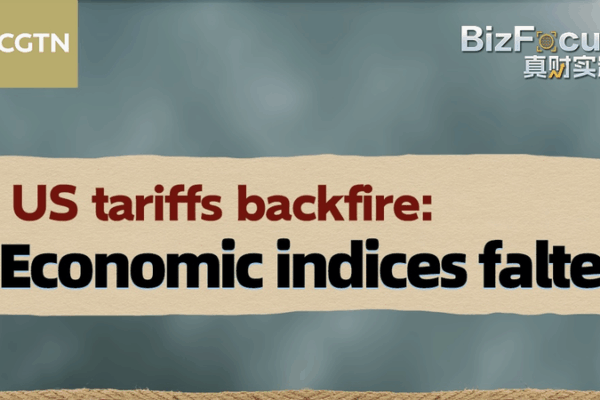
US tariff policies face backlash as economic indicators falter and recession fears grow, prompting global market concerns.

U.S. farmers grapple with mounting losses amid Trump-imposed tariffs and retaliatory measures from key trading partners like China and Canada. Industry leaders warn of long-term consequences.

Proposed U.S. port fees on Chinese vessels face criticism as analysts warn of consumer price hikes and limited impact on domestic shipbuilding revival.